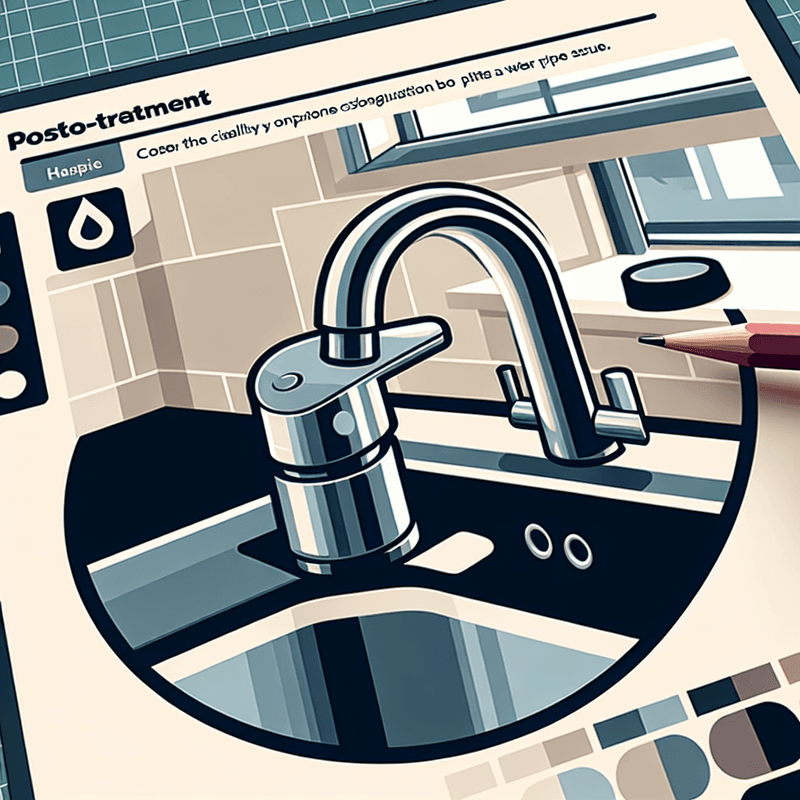Electric showers are a marvel of modern plumbing, offering on-demand hot water without the need for a stored hot water system. Yet, like any appliance, they can present their own set of challenges. One common issue encountered by many is the sudden loss of power during use, which can turn a relaxing shower into a frustrating ordeal. Understanding what causes these power interruptions can help you determine whether you can fix it yourself or if it's time to call in a professional.
An Unexpected Cold Shower? Here’s Why It Happens
Imagine stepping into your shower, expecting a comforting, hot spray, but instead, you are greeted by a sudden flow of cold water. Why does this happen? Electric showers depend heavily on the steady performance of their internal components, and any disruption can affect their operation. Here are the key reasons behind these abrupt power losses.
Thermal Cut-Outs Activate to Protect the Unit
Most electric showers include a safety mechanism known as a thermal cut-out (TCO). The TCO is designed to prevent the unit from overheating, which could otherwise lead to damage or even a fire hazard. If the shower feels it's getting too hot, the TCO activates, cutting power to the unit. Overheating can be caused by several issues:
1. Restricted Water Flow: Lime scale or debris in the showerhead or hose can reduce water flow. Less water through the heating element means it gets too hot, triggering the TCO.
2. Faulty Thermostat: If the thermostat that regulates the water temperature fails, it might not correctly control the heating element.
3. Improper Installation: Incorrectly specified cable sizes or faulty wiring can also contribute to overheating.
Voltage Fluctuations in Your Home’s Electrical Supply
Electric showers require a stable electrical supply to function correctly. If your home experiences significant voltage fluctuations, it can impact the performance of your shower. Such fluctuations often occur during peak electricity usage times or due to issues with the utility provider.
Tripped Circuit Breakers or Blown Fuses
A common household issue that can cause your electric shower to lose power is a tripped circuit breaker or a blown fuse. This can happen if the shower circuit draws more current than the wiring can safely handle, often because multiple high-power appliances are running simultaneously.
Aging or Damaged Equipment
Over time, the components within your electric shower can wear out. Electrical elements may corrode, connections can loosen, and parts can fail. Regular wear and tear can manifest as intermittent power loss before a complete failure occurs.
How to Diagnose and Address Power Loss in Your Electric Shower
To tackle this problem, start with the simplest possible causes:
1. Check the Showerhead and Hose: Regularly clean or replace the showerhead to prevent blockages. Also, check the hose for kinks or damage that could restrict flow.
2. Inspect the Electrical Connections: Ensure that all connections are tight and that the wiring is not damaged. However, handle electrical components with care or consider hiring a professional.
3. Test Other Appliances: See if using other high-powered appliances causes similar issues, which might indicate home-wide electrical supply problems.
4. Reset the Circuit Breaker: If the breaker has tripped, reset it and monitor if it trips again while using the shower.
When to Call a Professional
If basic troubleshooting does not resolve the issue, or if you are not comfortable handling electrical components, it’s wise to call a certified electrician or a plumbing and heating expert. This is particularly important if you suspect the problem is with your home’s electrical system or the shower’s internal wiring.
Preventive Tips to Prolong Your Electric Shower's Life
1. Regular Maintenance: Schedule regular checks and descale the shower unit to prevent lime scale buildup.
2. Use a Water Softener: In hard water areas, consider installing a water softener to protect against lime scale.
3. Quality Replacement Parts: Use high-quality parts when replacing any component of your electric shower.
Conclusion
While a sudden loss of power in your electric shower can be disconcerting, understanding the potential causes aids in quick diagnostics and resolution. Start with simple checks and move towards more complex investigations. Remember, when in doubt, or when dealing with electricity, calling a professional is your safest bet. A well-maintained electric shower can provide many years of reliable service, ensuring that unexpected cold showers are kept to a minimum.





